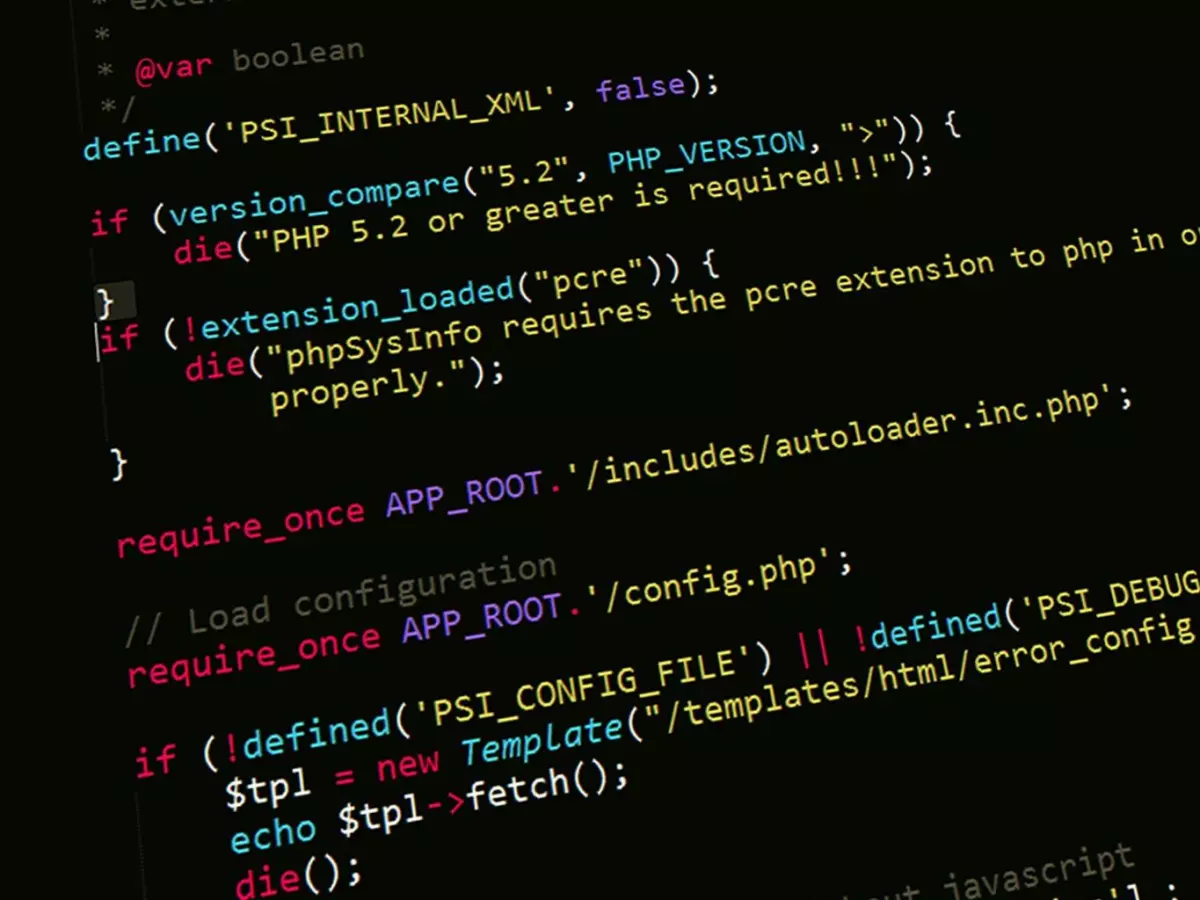Less Is More
In the early days of software development, simplicity was king. Developers worked with limited resources and had to make every line of code count. But as technology advanced, so did the temptation to add more features, more complexity, and more code. Enter the era of overengineering.

By Hannah White
Overengineering is a term that gets thrown around a lot in software development, but what does it really mean? According to Martin Fowler, a well-known software engineer and author, overengineering occurs when developers add unnecessary complexity to a system. This can happen when they anticipate future needs that may never materialize or when they try to make the software too flexible, too soon.
Now, don't get me wrong—planning for the future is important. But there's a fine line between being prepared and going overboard. Overengineering can lead to bloated codebases, slower development times, and even more bugs. And the worst part? It often happens with the best of intentions.
Why Overengineering Happens
So, why do developers fall into the trap of overengineering? One reason is the desire to future-proof their software. Developers want to create systems that can handle any potential use case, even if those use cases are unlikely to ever happen. It's like building a house with 10 extra rooms "just in case" you decide to host a family reunion in 2035.
Another reason is the fear of technical debt. Developers worry that if they don't build their software to be flexible now, they'll end up paying for it later. But here's the thing: technical debt is a real concern, but overengineering is not the answer. In fact, it can create its own form of technical debt by making the code harder to maintain and understand.
And let's not forget about the ego factor. Developers love to show off their skills, and sometimes that means adding fancy features or complex architecture just because they can. But just because you can, doesn't mean you should.
The Consequences of Overengineering
Overengineering doesn't just slow down development—it can also have long-term consequences for your software. For one, it makes your code harder to maintain. The more complex your system is, the more difficult it is for other developers (or even your future self) to understand and work with it.
It also increases the likelihood of bugs. More code means more opportunities for things to go wrong. And when bugs do appear, they can be harder to track down and fix because of the added complexity.
Finally, overengineering can lead to wasted resources. You're spending time and effort building features that may never be used, and that time could be better spent on more immediate concerns. In a world where time-to-market is often critical, overengineering can be a costly mistake.
How to Avoid Overengineering
So, how do you avoid falling into the overengineering trap? The first step is to focus on solving the problem at hand. Don't try to anticipate every possible future need—build for the present, and refactor as necessary when new requirements arise.
Another important strategy is to embrace simplicity. As the saying goes, "Keep it simple, stupid." The simpler your code, the easier it will be to maintain, debug, and extend in the future. This doesn't mean you should cut corners or ignore best practices, but it does mean you should resist the urge to add unnecessary complexity.
Finally, don't be afraid to iterate. Software development is an ongoing process, and it's okay to release a simpler version of your software and improve it over time. In fact, this is often the best approach, as it allows you to gather feedback and make adjustments based on real-world usage rather than hypothetical scenarios.
The Future of Software Development
As software development continues to evolve, the temptation to overengineer will only grow stronger. With new technologies and frameworks emerging all the time, it's easy to get caught up in the latest trends and try to incorporate them into your projects. But remember: just because something is new and shiny doesn't mean it's necessary.
In the future, the most successful software developers will be those who can strike a balance between flexibility and simplicity. They will build systems that are robust enough to handle change, but not so complex that they become unmanageable. And most importantly, they will recognize that sometimes, less is more.
So, the next time you're tempted to add that extra feature or build that overly flexible architecture, take a step back and ask yourself: Is this really necessary? Or am I just overengineering?





